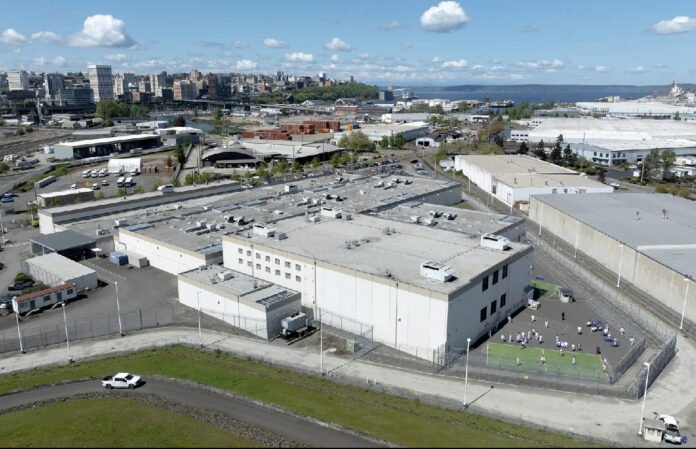Introduction to the Situation
In a significant move, the Immigration and Customs Enforcement (ICE) agency has transferred 41 immigrants from its detention facility in Tacoma, Washington, to Anchorage, Alaska. This decision is primarily driven by the growing concerns regarding overcrowding in the Tacoma facility. As immigration enforcement continues to surge, it has become increasingly imperative to address the capacity issues in such facilities.
Reasons Behind the Transfer
The Tacoma facility has been operating at full capacity, straining resources and affecting the overall conditions for detainees. By relocating these 41 immigrants to Alaska, ICE aims to alleviate some of this pressure. The transfer serves a dual purpose: managing overcrowding while ensuring that individuals awaiting their legal proceedings are housed in appropriate environments. This move reflects a broader trend within ICE to adapt to fluctuating needs and to ensure that humane conditions are maintained across its facilities.
Impact of the Transfer
The relocation of immigrants to Alaska will undoubtedly affect the detainees, as families often bear the brunt of such decisions. Moreover, this shift may lead to challenges for attorneys working on behalf of these detainees, as distances grow longer and access to legal representation becomes more complicated. Nevertheless, advocates have pointed out that ensuring a manageable population in detention facilities is crucial for the welfare of those awaiting immigration hearings.
In conclusion, ICE’s transfer of 41 immigrants from Tacoma to Alaska highlights the critical need for responsive policies that accommodate the ongoing changes in immigration enforcement and the capacity of detention facilities. As the situation evolves, further adjustments may be necessary to maintain humane and efficient immigration processes.
“Like what you are seeing? Don’t miss out! Subscribe now and get the latest stories,
tips and updates straight to your inbox”

Join Our Newsletter





